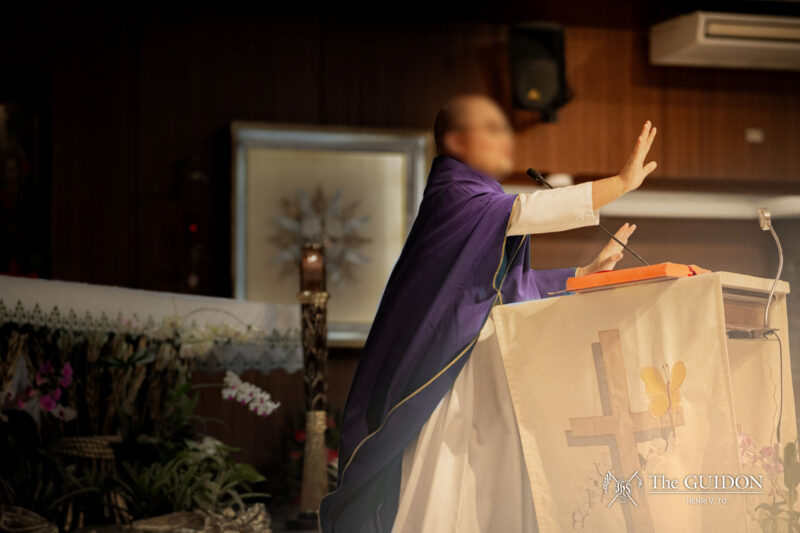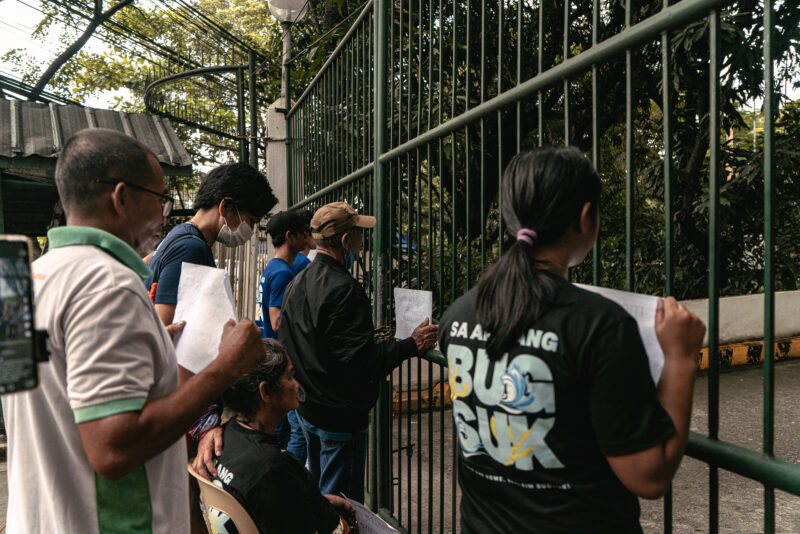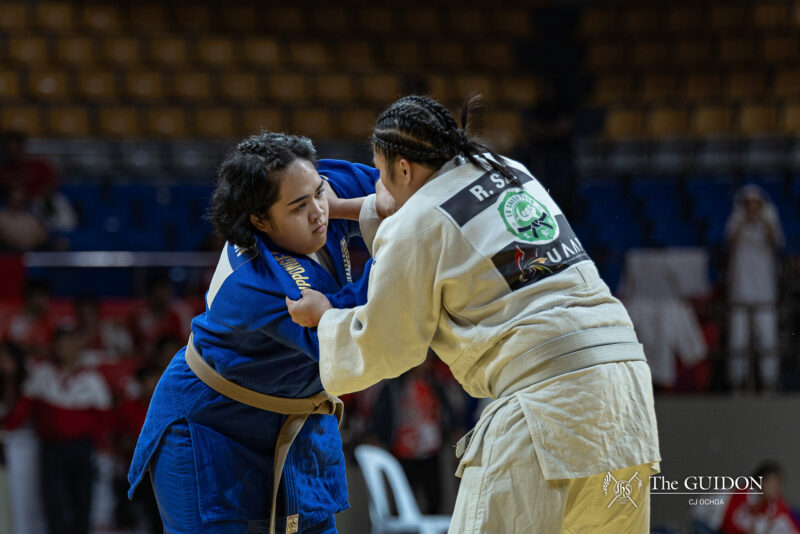As alumnae of all-girls schools transition into a co-educational university, three women share complex and ambivalent experiences of how all-girls communities empower and—at the same time—enfeeble them.
IN THE hushed halls of Catholic all-girls schools, a group of young women neatly dressed in white ankle socks, embroidered hems, and black leather loafers fade into view. On the far end of the corridor, a girl holds another girl’s hand as they exchange youthful laughter and whispered secrets.
For alumnae of all-girls schools, the world as they knew it was run mostly by women. However, as much as these educational institutions can cultivate safe spaces, some schools may be prone to engendering norms of social exclusion.
Walls of ivory
Sofia* (2 BS CH-MSE) studied at an all-girls Catholic school in Saudi Arabia. In Arab culture, girls are not allowed to interact with boys unless they are married. Even siblings of the opposite sex eat dinner separately. Despite this, Sofia never felt constrained by the idea of being a woman.
Although society has created gender-biased standards and ideas, those distinctions did not exist in Sofia’s all-girls Catholic school. In fact, the women in her school took on the roles attributed to men. Moreover, the women at her school embodied a spirit of never feeling constrained by the idea of being a woman, as they boldly defied conventional gender norms.
Another alumna of an all-girls school, Maria* (1 AB Dip-IR) found comfort growing up surrounded by girls. According to her, asking for sanitary napkins was normal, as well as changing clothes together in the restroom without getting sexualized. Elsewhere, these practices would be frowned upon.
Moreover, Maria’s early exposure to an active queer community occurred within the walls of her school. “It was a safe space. It created this bubble for me and the students there. It didn’t show much of the prejudice,” she shares.
However, while all-girls schools made women feel included, these spaces may still subject them to isolation.
Within tight spaces
Anna* (1 AB POS) was raised in what she calls a “feminine-household.” Living with her lola and titas, she says that she never doubted powerful women. Initially, her mother decided to enroll Anna in an all-girls school in order to keep her safe.
Over time, Anna began to question the heteronormative teachings at her school. “It was very ‘gay equals no,’ especially with Christian teachers. [They would say that] ‘a woman should be with a man and should have children,’” she mentions. For her, it was perplexing to hear that religion—something she was comfortable with—denounced homosexuals.
Anna recalls her school’s tradition of “chastity pledges.” They would recite prayers that promised their abstinence and innocence until they eventually found their husbands.
In the search for solace from the uncomfortable experiences at her school, Anna alludes to the importance of female friendships. “I can’t explain in words how much love I feel for these women,” Anna says. Around women, she feels that everything is possible.
Breaking free
Amid their unique experiences with all-girls schools, the three women converge on harnessing the impact of an educational institution to educate, empower, and emancipate.
For Sofia, seeing two girls holding hands as an everyday occurrence in her high school led her to think that homosexuality is not “weird or wrong,” as opposed to conventional notions that homosexuality goes against what is considered “normal.”
“Acknowledging that homosexual relationships existed, recognizing that we’re an all-girls school, [and] helping us navigate that—[‘yun ang] pinaka-importante for me na maibibigay ng education (that’s the most important thing that education should provide),” she shares.
Moreover, Maria explains that schools are where children spend most of their formative years. As such, what they learn in school shapes their view of the world, providing a foundation for when they grow into adults. For instance, her school’s advocacy for women’s and children’s welfare pushed her to be in service to the marginalized. Schools also serve as the foundation for people’s understanding of gender.
“With our current education system, it’s still very heteronormative and focused on the gender binary. Changing that would be such a big help to other communities,” Maria mentions.
Anna also hints at the perils of restricting women and their interaction to solely the people within the walls of their school. For her, she laments the opportunities and interactions that could have widened her worldviews.
Maria further expounds on the liberating power of diversity. “The diversity of a community is an invitation to them to share about their experiences and their identities,” she shares.
While all-girls schools may serve as a sanctuary for women, such institutions may also espouse stereotypes of gender ideals. Thus, conceptualizing the idea of “safe space,” should not be confused with isolationism; otherwise, all-girls schools may take on new forms of exclusion.
*Editor’s Note: The interviewees’ names have been changed at their request to protect their identity and privacy.







